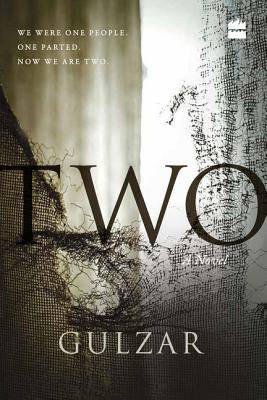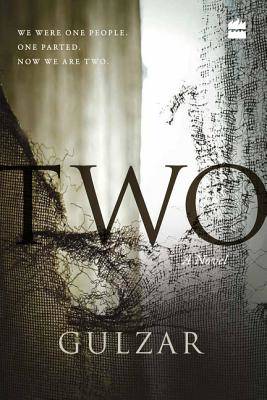
- Afhalen na 1 uur in een winkel met voorraad
- Gratis thuislevering in België vanaf € 30
- Ruim aanbod met 7 miljoen producten
- Afhalen na 1 uur in een winkel met voorraad
- Gratis thuislevering in België vanaf € 30
- Ruim aanbod met 7 miljoen producten
Zoeken
Omschrijving
It's the winter of 1946. A truck leaves the village of Campbellpur after news of the impending Partition pours in. It is carrying people who don't know where they will go. They have just heard words like 'border' and 'refugee', and are struggling to understand how drawing a line might carve out Pakistan from Hindustan. As they reach the border, the caravan disperses and people go their own ways. Gulzar's first novel tracks the lives of the people in that truck right from 1946 up to the Kargil war. A novel on what the Partition entailed for ordinary people, Two is also a meditation on the fact that the division of India and the carnage that followed, once set into motion, kept happening inexorably and ceaselessly, and people like those who left their homes on that truck never found another home; they kept looking for a place called home, a place to belong to.
Specificaties
Betrokkenen
- Auteur(s):
- Uitgeverij:
Inhoud
- Aantal bladzijden:
- 200
- Taal:
- Engels
Eigenschappen
- Productcode (EAN):
- 9789351775201
- Verschijningsdatum:
- 25/09/2018
- Uitvoering:
- Hardcover
- Formaat:
- Genaaid
- Afmetingen:
- 135 mm x 201 mm
- Gewicht:
- 235 g

Alleen bij Standaard Boekhandel
+ 55 punten op je klantenkaart van Standaard Boekhandel
Beoordelingen
We publiceren alleen reviews die voldoen aan de voorwaarden voor reviews. Bekijk onze voorwaarden voor reviews.








